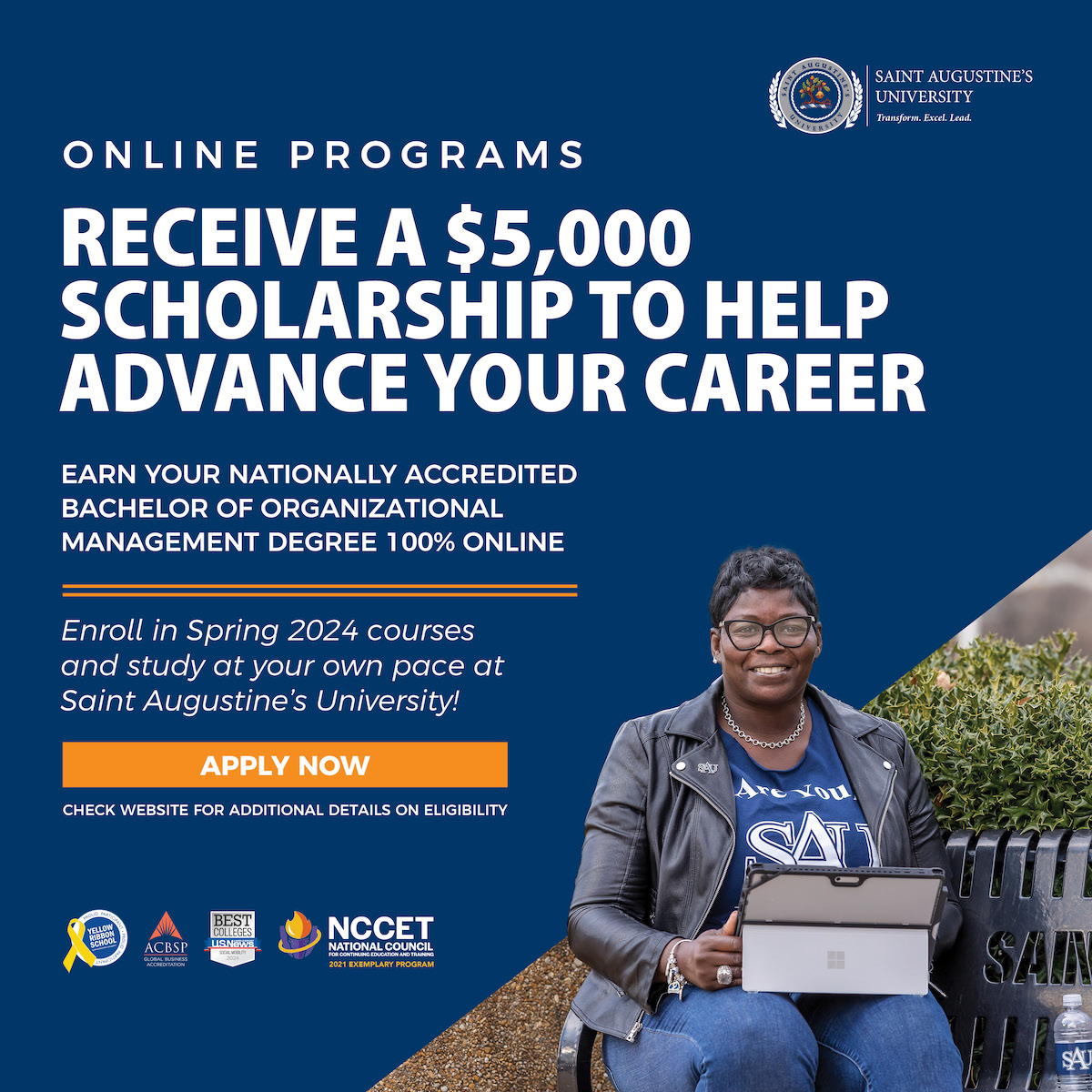Hello, friend. Pull up a chair. I want to tell you a story – my story, actually. It’s a tale about second chances, late-night studying, and the surprising discovery that going back to school as an adult doesn’t have to bankrupt you. If you’re like I was, staring at tuition fees with a knot in your stomach, wondering if you’re too old, too busy, or simply too late to chase that degree or career change, then this is for you.
It wasn’t long ago that the thought of going back to college felt like a distant dream, shrouded in a fog of ‘what ifs’ and ‘how will I pay for it?’ My life wasn’t the picture of a fresh-faced high school graduate. I had a job, a family, bills – the whole grown-up package. The idea of adding student loan debt on top of all that felt like piling an elephant onto an already wobbly tower.
But the desire for more, for a different path, kept nudging me. Maybe it’s a new career, finishing a degree you started years ago, or simply learning something new. Whatever your reason, that persistent little voice inside your head is telling you it’s time. And that voice, my friend, is worth listening to.
The Mountain of Doubt: "Can I Really Afford This?"
The biggest hurdle for most adult learners, myself included, isn’t usually the academic challenge. It’s the financial one. We’ve got responsibilities. We can’t just move into a dorm and live on ramen noodles (though, let’s be honest, ramen still has its charm). Tuition, books, childcare, lost income from reduced work hours – it all adds up fast.
I spent weeks agonizing. I crunched numbers, looked at part-time options, and even considered putting my dream on hold. But deep down, I knew I had to try. My turning point came one evening, after the kids were asleep, and I was scrolling through university websites. I kept seeing the word "scholarships." I always thought those were just for teenagers with perfect grades and impressive sports trophies. But then I saw a small link: "Scholarships for Non-Traditional Students."
That was me! A non-traditional student. An adult learner. A lightbulb flickered. Could there really be money out there specifically for people like me?
My "Aha!" Moment: Discovering a World of Support
What I found next changed everything. There isn’t just some money; there’s a whole universe of scholarships, grants, and financial aid designed to help adult learners achieve their educational goals. It took research, persistence, and a bit of courage to apply, but the journey itself was incredibly empowering.
Let me break down what I learned, so you don’t have to stumble through the dark like I did.
Where to Look: The Hidden Treasures for Adult Learners
Forget the stereotype of scholarships only for the young. Many organizations, institutions, and even private companies understand the value of an adult’s life experience, work ethic, and dedication.
Here are the categories I found most helpful in my search:
-
General Adult Learner & Non-Traditional Student Scholarships:
- These are often specifically designed for individuals returning to education after a break, or those starting later in life. They recognize that you bring a different perspective to the classroom.
- Where to find them: Major scholarship search engines (like Fastweb, Scholarships.com, College Board), specific university websites (look for "Adult Learner Resources" or "Continuing Education"), and national organizations like the Jeannette Rankin Women’s Scholarship Fund (for low-income women 35+).
-
Career-Specific Scholarships:
- If you know what you want to study, there’s likely an organization supporting that field. Healthcare, education, technology, trades – many industries need skilled workers and are willing to invest in your training.
- My experience: I was looking into a field that was experiencing a shortage, and found several professional associations that offered aid. They want to see passionate people enter their field.
- Where to find them: Professional associations (e.g., American Nurses Association, American Bar Association, specific engineering societies), industry foundations, and even local businesses.
-
State and Local Scholarships:
- Don’t underestimate your local community! States often have their own grants and scholarships, some specifically for residents returning to school. Your city or county might also have funds.
- My experience: I found a small, local scholarship from a women’s club in my town. It wasn’t thousands of dollars, but every bit helped, and the application was surprisingly simple.
- Where to find them: Your state’s higher education department website, your local community foundation, town or city councils, and local clubs (Rotary, Kiwanis, Lions Club).
-
Employer-Sponsored Tuition Assistance:
- This was a hidden gem for me! Many companies offer tuition reimbursement or assistance programs for employees who want to further their education, especially if it relates to their job or career growth within the company.
- My advice: Check with your HR department. You might be surprised. Even if it’s not a full scholarship, getting a percentage of your tuition covered can make a huge difference.
-
Community & Non-Profit Organization Scholarships:
- Fraternal organizations, religious groups, and various non-profits often have scholarships for their members or the broader community. These can be based on anything from volunteer work to specific demographics (e.g., single parents, minority groups).
- My experience: A friend told me about a scholarship from a local church group, even though I wasn’t a member. It was open to anyone in the community pursuing higher education. Always ask around!
- Where to find them: Local churches, synagogues, mosques, women’s groups, veteran organizations, specific ethnic or cultural associations, and foundations dedicated to various causes.
-
Scholarships for Online Programs:
- For many adult learners, online education is the most practical choice. Good news: there are scholarships specifically for online students! Some universities offer them for their remote programs.
- My advice: When researching online programs, always check their financial aid pages for online-specific funding.
My Top Tips for Landing Those Scholarships
Finding them is one thing; winning them is another. Here’s what I learned through my own application process:
-
Start Early (Seriously, Earlier Than You Think):
- Scholarship deadlines often come much earlier than university application deadlines. Give yourself plenty of time to research, gather documents, and write thoughtful essays. I started looking about six months before I wanted to begin classes.
-
Get Organized:
- Create a spreadsheet. List the scholarship name, deadline, requirements, essay topics, and what you’ve submitted. This keeps everything straight and reduces stress. I kept a folder for each application, both digitally and physically.
-
Tailor Each Application:
- Don’t send the same generic essay to every scholarship. Read the prompt carefully and connect your experiences and goals directly to what that specific scholarship is looking for. This shows you care and did your homework.
-
Your Story is Your Superpower (The Essay!):
- As an adult learner, your life experience is your biggest asset. Don’t be afraid to share your journey, your challenges, your motivations. What led you back to school? What obstacles have you overcome? How will this education impact your family, your community, your future? Scholarship committees want to hear your voice.
- My essay strategy: I focused on a specific moment that made me realize I needed to go back to school, and how my life experience would make me a dedicated and valuable student. I didn’t try to sound like someone else; I just told my truth.
-
Proofread Relentlessly (Then Ask Someone Else To):
- A simple typo can make you look less professional. Read your application over and over. Then, ask a trusted friend, partner, or mentor to read it too. A fresh pair of eyes can catch mistakes you’ve missed.
-
Don’t Scoff at Smaller Awards:
- A $500 or $1,000 scholarship might not cover everything, but these add up quickly! I applied for several smaller ones, and collectively, they made a significant dent in my tuition. Every dollar you don’t have to borrow is a win.
-
Follow Instructions to the Letter:
- If they ask for two letters of recommendation, don’t send one. If they want a 500-word essay, don’t send 700. Scholarship committees often receive hundreds of applications; not following instructions is an easy way to get disqualified.
Addressing Those Nagging Doubts: "Am I Too Old? Is My GPA Good Enough?"
I heard these voices in my head constantly. Let me tell you what I learned:
- "Am I too old?" Absolutely not. Age is truly just a number when it comes to learning and growing. Many scholarships are specifically for older students, recognizing the unique value and commitment you bring.
- "Is my old GPA good enough?" While some scholarships do have GPA requirements, many for adult learners place a greater emphasis on your life experience, work history, essays, and future potential. Don’t let an old transcript hold you back.
- "I don’t have time for all this!" I get it. Life is busy. But think of the time you spend on your scholarship search as an investment. An hour spent applying could save you hundreds or thousands of dollars. Break it down into small, manageable tasks.
Your Second Act Awaits
My journey back to school, funded in part by scholarships, wasn’t just about getting a degree. It was about proving to myself that I could do it. It was about showing my kids that learning never stops. And it was about finally pursuing a path that felt right for me, without the crushing weight of impossible debt.
If you’re an adult learner, thinking about taking that leap, please know this: you are not alone. Your experience is valuable, your dedication is recognized, and there is financial support available for you. It won’t always be easy, but it will be worth it.
Start your search today. Tell your story. Believe in your ability to create your "second act." The opportunities are out there, waiting for you to discover them. Good luck, and happy learning!



